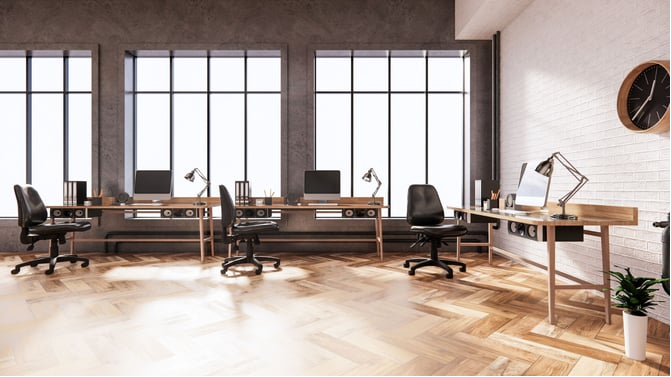Due to the pandemic, it’s been a tough and long couple of years for many businesses. However, a growing number are bringing employees back into the office, hiring again, and thinking about office space opportunities.
Specifically, I have been asked by several of my business owner clients whether they should consider buying or leasing their office space. Given the increase in prices in real estate across Australia, and the rental crisis, it’s an important decision to make.
The answer is not as simple as one might think. Before you make a decision, it makes sense to understand the risks, costs, and benefits of both options. There are pros and cons for each option and I have outlined below some considerations to help you understand what you’re getting into with each. Weighing them effectively will help you navigate this important decision for your business.
Reasons To Consider Leasing
- Market conditions are unstable, so only committing to a three- to five-year lease gives you better peace of mind.
- Your business is growing, and with some employees choosing to work from home, you are not sure what size of space is right for your business or how fast you might outgrow the property.
- Capital is tight and you don’t have enough for a down payment.
- Your company is still in the “building phase.”
- Your company is new to a market area, or your customer base is in a tight geographic area, and the only option is to lease without losing customers.
- Your timing is immediate, and you need a building within the next 30 to 60 days.
- You have the opportunity to get favourable lease terms.
Reasons To Consider Buying
- You can choose your location, unit, type of building and make renovations and changes according to your own business needs.
- Buying allows you to have full control of the property, and you don’t have to answer to a landlord.
- You are building equity and long-term wealth. This is especially true for industrial office space.
- If the business falls under hard times, you can lease out part of the office or even sublet it.
- You can deduct interest and depreciation on your commercial property as a tax break.
When making a major decision like this, consider your business’s goals, access to capital, and projected growth. By keeping these three factors in mind, you can get a sense of what your business can realistically afford, as well as make a decision that’s in line with your vision for the company.


